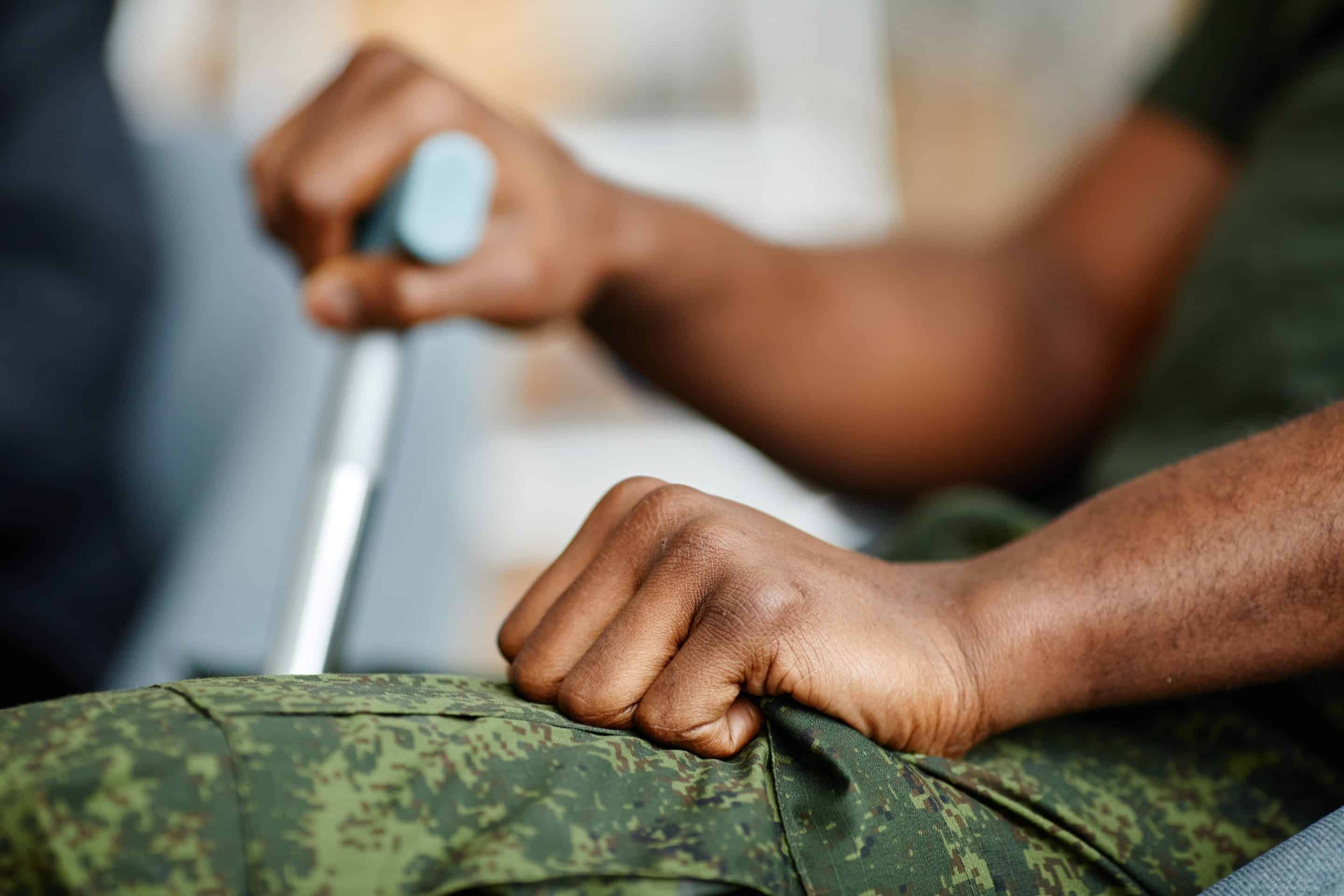
Table Of Contents
In the past 15 years, the estimated number of veterans who have been diagnosed with PTSD currently numbers more than 500,000. As many as 60,000 of these veterans are Iraq and Afghanistan war veterans. Estimates show more than 20% to 30% of veterans from the Iraq and Afghanistan wars are currently suffering from some form of PTSD. In the past, the name PTSD has gone by other titles such as “shell shock” after World War I and battle fatigue after World War II. The diagnosis officially became PTSD in 1980.
These findings often lead many people to ask, “What will trigger PTSD in veterans?”. The answer is not absolute, and it’s not only one thing that will trigger PTSD in a veteran with the condition. There are many different reasons a veteran might experience a bout of PTSD and the following are some triggers that may set PTSD off:
Flashbacks:
Many veterans often experience flashbacks that cause very surreal images of past traumas like battles, war, and other memories to come back including awful, scary, and uncontrolled thoughts about the events that the person experienced.
Loud Noises/Sounds:
A loud noise/sound can oftentimes make a veteran remember back to when those loud noises meant explosives or gunshots were going off. These types of noises can often trigger a PTSD reaction, or cause the veteran to become very frightened or scared.
Nightmares/Bad Dreams:
Having a nightmare or a bad dream can make PTSD seem more surreal. Many times dreams can remind a veteran of experiences in the past that caused them to start developing PTSD in the first place.
People:
Certain people might trigger PTSD experiences for some veterans. For example, seeing someone in a military uniform, or seeing people in certain places or situations might remind them of something traumatic in the past that may cause them to feel frightened or scared.
Places:
Going to certain places like loud concerts or busy restaurants where there is a high noise volume may trigger a PTSD-related experience for some veterans. If places remind someone of places where traumatic events happened, the trigger might be stronger and their reaction more profound.
Witnessing a Traumatic Event:
Many veterans will notice that witnessing a traumatic or scary event after they have already been diagnosed with PTSD can bring back emotions from past experiences that cause them to become scared. In some cases, these events can cause veterans to get downright angry or push them into a rage where they become aggressive and potentially even violent.
Knowing all of these are triggers that can cause PTSD, many veterans often experience PTSD and associated/related symptoms. Many veterans will feel lost and alone, and may not know where to turn for help. Veterans who do not have access to the help they deserve may not know where to turn. That’s why it’s important for individuals who struggle with PTSD to know where they can go for help when they need it most.
Conclusions:
Veterans should always know that they can reach out to the Veterans Help Group if they are experiencing symptoms of PTSD. We are here to advocate for the rights of veterans who need it most. We have over 15 years of legal experience in advocating for veterans and their rights. If you are looking for someone to advocate for your rights, please feel free to contact us because we are here to help you get the treatment you deserve for the service that you have provided for our country.

VA Disability Benefits and Tax Exemptions: What You Should Know
VA Disability Benefits and Tax Exemptions: What You Should Know Written by: Schuyler Swanton,...

Veterans Help Group In The Community
Veterans Help Group in the Community Written by: Bobbi Boudi, Director of Community Outreach, Amy...

The Veterans Appeals Efficiency Act of 2025
The Veterans Appeals Efficiency Act of 2025 Several bills are currently pending in Congress that...





